Parenting is a complex journey filled with tough decisions, and one common dilemma is whether to tell a little white lie to protect your child’s feelings. While these seemingly harmless fibs may appear to smooth over minor issues in the moment, emerging scientific research suggests that even small deceptions can have profound long-term consequences on a child’s emotional well-being, behavior, and ability to adjust in adulthood.
In today’s article, we explore how white lies can trigger anxiety, strain the parent-child relationship, encourage future dishonesty, and lead to challenges in adult adjustment. Drawing on insights from psychology and neuroscience, we break down the science behind these effects and provide actionable strategies for fostering honesty and trust in your family.
The Hidden Costs of White Lies in Childhood
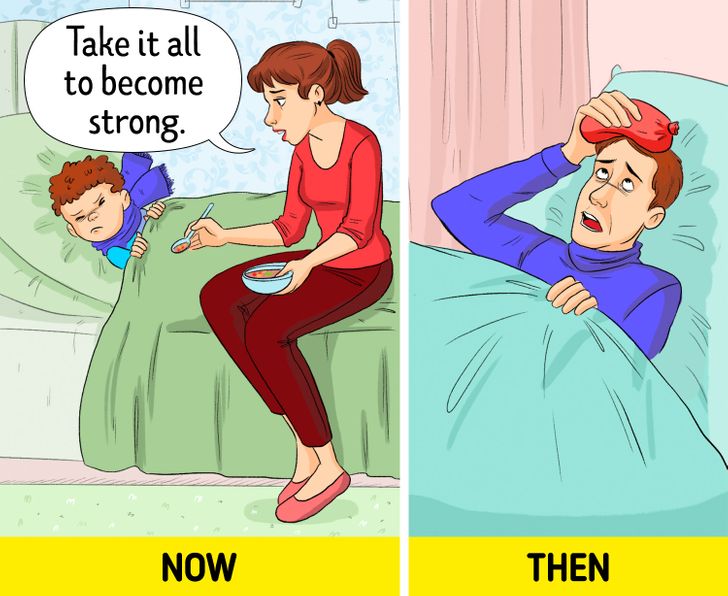
How Minor Deceptions Can Spark Anxiety
Even well-intentioned white lies can inadvertently contribute to a heightened sense of anxiety in children. Research shows that when kids detect inconsistencies between what they are told and what they experience, it can lead to confusion and emotional distress. Key factors include:
- Cognitive Dissonance:
- Children are naturally curious and perceptive. When they realize that the truth has been distorted, it creates internal conflict and stress.
- This dissonance can lead to anxiety, as the child begins to question the reliability of information from those they trust. For more on anxiety in children, visit the American Psychological Association.
- Erosion of Safety and Trust:
- Trust is the cornerstone of a secure parent-child relationship. Even small lies can undermine a child’s sense of safety.
- A lack of trust can result in increased vigilance and worry, fueling anxiety over future interactions and guidance.
- Uncertainty About Social Norms:
- When children are exposed to dishonesty early on, they may become uncertain about what is acceptable behavior.
- This confusion can lead to chronic stress, as kids struggle to navigate the blurred lines between right and wrong.
Scientific Evidence on Anxiety and Dishonesty
Studies published in reputable journals, including research accessible via PubMed, indicate that children who experience inconsistent messaging are more prone to anxiety disorders. The brain’s stress response system may be activated more frequently, leading to long-term changes in neural pathways associated with emotional regulation.
Impact on the Parent-Child Relationship
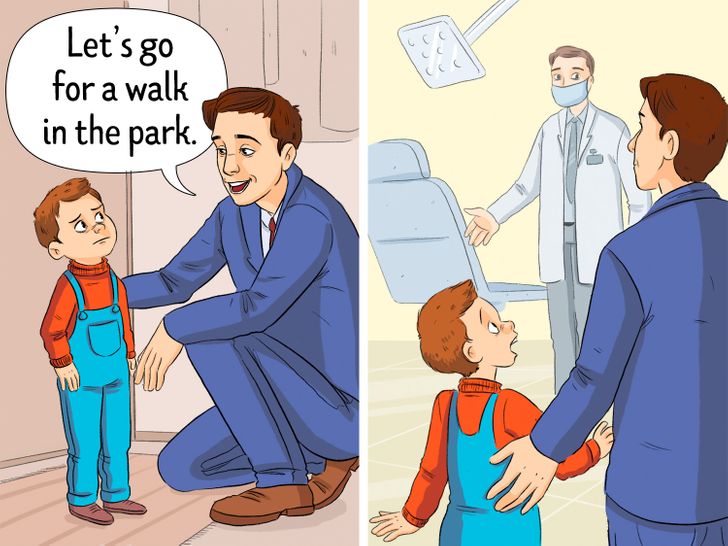
The Importance of Trust in Building Strong Bonds
Trust is an essential element in the relationship between parents and children. When parents resort to white lies, it can compromise this trust and have several adverse effects:
- Communication Breakdown:
- Honest communication is vital for emotional growth and understanding. When lies become part of the dialogue, children may begin to doubt even sincere statements.
- This uncertainty can lead to reduced openness, as kids may feel compelled to second-guess what they are told.
- Emotional Distance:
- Over time, repeated exposure to dishonesty can create a rift between parents and children.
- Children may become guarded, fearing that their feelings or thoughts will be manipulated or dismissed.
- Modeling Dishonest Behavior:
- Parents serve as role models, and children often mimic the behavior they observe. If a child sees that lying is a common tool for conflict resolution, they may internalize this as acceptable behavior.
- For expert perspectives on parental influence, refer to resources from the National Institute of Mental Health.
Practical Steps to Reinforce Trust
To maintain a robust and honest relationship with your child, consider these strategies:
- Foster Open Dialogue:
- Create an environment where your child feels safe sharing their thoughts and feelings without fear of judgment.
- Regular family discussions can help clarify misunderstandings and reinforce mutual respect.
- Practice Consistency:
- Align your words with your actions. When children see consistency between what you say and do, they develop a deeper sense of trust.
- Consistency in your messaging helps build a reliable framework for understanding the world.
- Admit Mistakes Openly:
- When you make an error, acknowledge it honestly. Demonstrating accountability teaches children that honesty is valued, even in moments of imperfection.
Encouraging Future Dishonesty: A Vicious Cycle
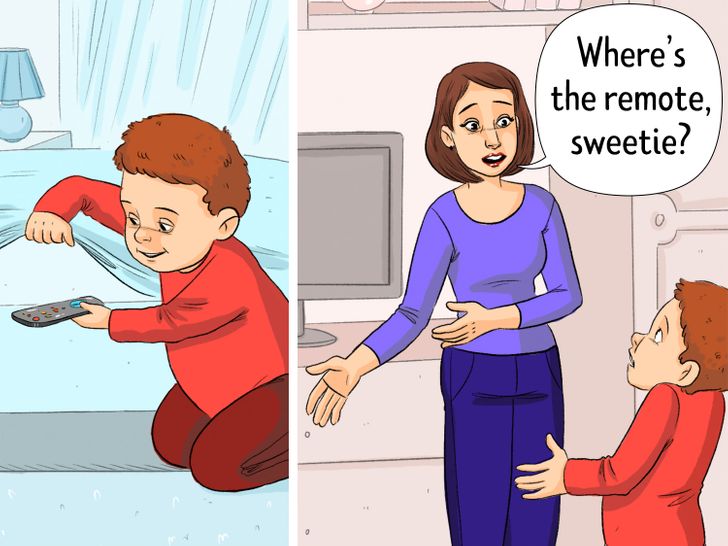
How Being Lied To Can Encourage Lying
One of the most concerning outcomes of habitual white lies is the risk of perpetuating dishonesty into adulthood. Research indicates that children who are frequently lied to are more likely to adopt lying as a coping mechanism later in life. Consider the following points:
- Learned Behavior:
- Children learn by example. When they observe parents or authority figures engaging in deception, they may come to see lying as an acceptable way to handle difficult situations.
- This learned behavior can become entrenched, leading to a cycle of dishonesty that persists into adulthood.
- Normalization of Dishonesty:
- Consistent exposure to white lies can desensitize children to the ethical implications of dishonesty.
- Over time, this normalization can make it challenging for them to differentiate between harmless fibs and more significant breaches of trust.
- Impact on Moral Development:
- Moral development is a gradual process influenced by early experiences. Repeated instances of dishonesty can disrupt the development of a strong moral compass.
- Studies from institutions such as Harvard University suggest that early ethical training is critical for long-term social and emotional success.
Strategies to Break the Cycle
Breaking the cycle of dishonesty requires a proactive approach:
- Model Ethical Behavior:
- Show your children that honesty is a core value through your actions and decisions.
- Encourage discussions about ethical dilemmas and the importance of integrity.
- Set Clear Expectations:
- Establish clear guidelines about honesty within your family. Make it known that truthfulness is non-negotiable.
- Use teachable moments to explain the consequences of lying and how it can harm relationships.
- Reward Truthfulness:
- Reinforce honest behavior by recognizing and rewarding it, rather than solely punishing dishonesty.
- Positive reinforcement helps children internalize the value of being truthful.
Long-Term Adjustment Challenges in Adulthood
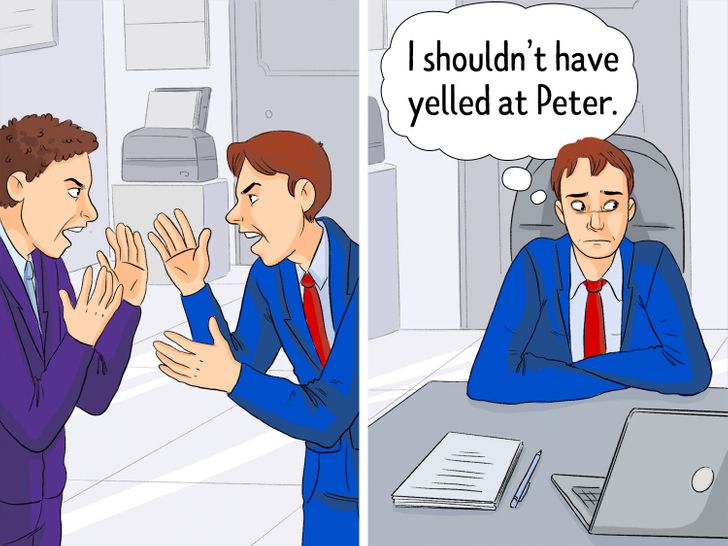
The Ripple Effects of Childhood Dishonesty
The repercussions of growing up in an environment where white lies are common extend far beyond childhood. Adults who have been exposed to habitual dishonesty in their formative years may face a range of adjustment challenges, including:
- Difficulty Forming Healthy Relationships:
- Trust issues stemming from childhood experiences can make it hard to build and maintain close relationships.
- Adults may find themselves constantly doubting others’ intentions, leading to social isolation or dysfunctional relationships.
- Career and Social Adaptation:
- In professional settings, a reputation for dishonesty—whether self-imposed or as a learned behavior—can hinder career advancement.
- Social interactions may be marred by a reluctance to share personal experiences or collaborate openly with colleagues.
- Emotional and Psychological Struggles:
- The internal conflict generated by a history of dishonesty can lead to chronic stress, anxiety, and even depression.
- The struggle to reconcile one’s self-image with past experiences may result in long-term mental health challenges.
Research on Adult Adjustment
Numerous studies have shown that the seeds of childhood dishonesty can yield significant challenges in adulthood. For instance, research published in journals accessible via NCBI indicates that early exposure to dishonesty correlates with higher rates of anxiety disorders and difficulty in social adjustment later in life. These findings underscore the importance of fostering an environment of truthfulness from the very beginning.
Understanding the Psychological Mechanisms
Cognitive and Emotional Underpinnings of Dishonesty
To fully grasp the impact of white lies, it is essential to understand the cognitive and emotional processes involved:
- Cognitive Dissonance:
- When children encounter conflicting information, their brains work overtime to resolve the discrepancy. This constant state of cognitive dissonance can be mentally exhausting and stress-inducing.
- Over time, this stress can affect learning, memory, and overall emotional well-being.
- Attachment Theory:
- Secure attachment is built on consistent and honest interactions between children and their caregivers. White lies can disrupt this secure attachment, leading to long-term relational difficulties.
- For a detailed exploration of attachment theory, consider the resources provided by the Child Mind Institute.
- Emotional Regulation:
- Learning to regulate emotions is a critical developmental milestone. When children are exposed to dishonesty, it can hinder their ability to manage negative emotions effectively.
- This impairment in emotional regulation can lead to heightened sensitivity and anxiety in various situations.
Key Takeaways from Scientific Research
Summarizing the scientific insights:
- Stress and Anxiety:
- Continuous exposure to dishonesty creates an environment of uncertainty and stress, leading to anxiety.
- Relationship Dynamics:
- Trust and open communication are essential for healthy relationships; white lies erode these foundations.
- Behavioral Modeling:
- Children imitate the behavior of their caregivers. Consistent dishonesty can normalize lying as a coping mechanism.
- Long-Term Adjustment:
- Early experiences with dishonesty set the stage for difficulties in social, professional, and emotional realms in adulthood.
How Parents Can Foster Honesty and Build Trust
Actionable Strategies for a Truthful Household
Creating an environment where honesty is the norm starts with intentional actions and communication. Here are practical steps parents can take:
- Lead by Example:
- Demonstrate honesty in your daily interactions.
- Admit mistakes openly and discuss the lessons learned.
- Encourage Open Communication:
- Establish regular family meetings where everyone is encouraged to share their thoughts and feelings.
- Practice active listening and validate your child’s experiences.
- Set Clear and Consistent Rules:
- Define what constitutes honesty in your household.
- Create consequences for dishonesty that are fair and educational, rather than overly punitive.
- Use Teachable Moments:
- When a lie is discovered, discuss why it happened and explore alternative ways to handle similar situations.
- Encourage problem-solving and ethical reasoning through real-life examples.
- Reinforce Positive Behavior:
- Praise your child when they display honesty, even in challenging situations.
- Use reward systems that emphasize the value of truthfulness.
- Provide Emotional Support:
- Help your child understand and manage their feelings when they feel tempted to lie.
- Teach effective coping strategies for dealing with difficult emotions, such as deep breathing or journaling.
Resources for Further Guidance
For more insights into fostering honesty and healthy emotional development, consider exploring these resources:
- American Academy of Child & Adolescent Psychiatry offers expert advice on managing behavioral issues in children.
- Child Mind Institute provides articles and tools for parents navigating the challenges of modern parenting.
Conclusion: Embracing Honesty for a Healthier Future
The science is clear: even little white lies can have lasting negative impacts on our children’s emotional health, trust in relationships, and future behavior. By understanding the cognitive and emotional mechanisms at play, parents can appreciate the importance of consistent truthfulness in fostering secure attachments, healthy emotional regulation, and long-term adjustment.
As we’ve explored, the consequences of dishonesty in childhood are far-reaching. They encompass increased anxiety, weakened parent-child bonds, a greater propensity for dishonesty in the future, and significant challenges in adult adjustment. However, with awareness and proactive strategies, parents can mitigate these risks and nurture an environment where honesty and trust are paramount.
By leading with integrity, encouraging open communication, and reinforcing ethical behavior, you can help your children develop into well-adjusted adults who value truth and transparency. Embrace these strategies not as a rejection of compassion, but as a commitment to building a foundation of trust that will support your child’s emotional and social growth for years to come.
For further reading on the effects of dishonesty on child development and strategies for fostering trust, check out our related articles on Parenting Tips for Building Trust and Emotional Resilience in Children.



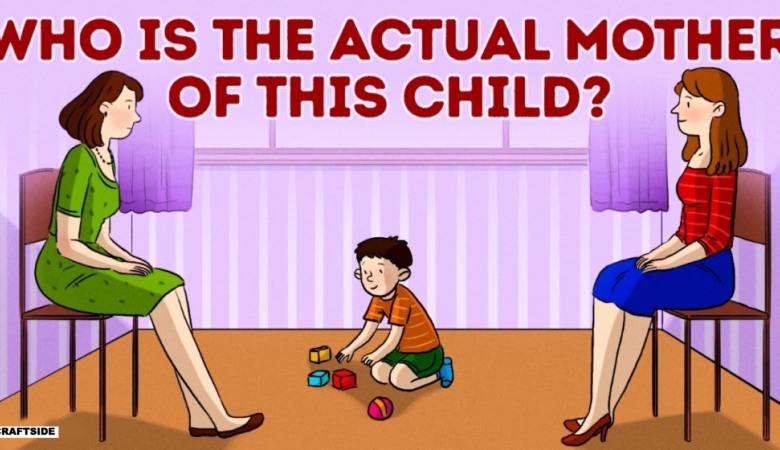





Leave a Reply